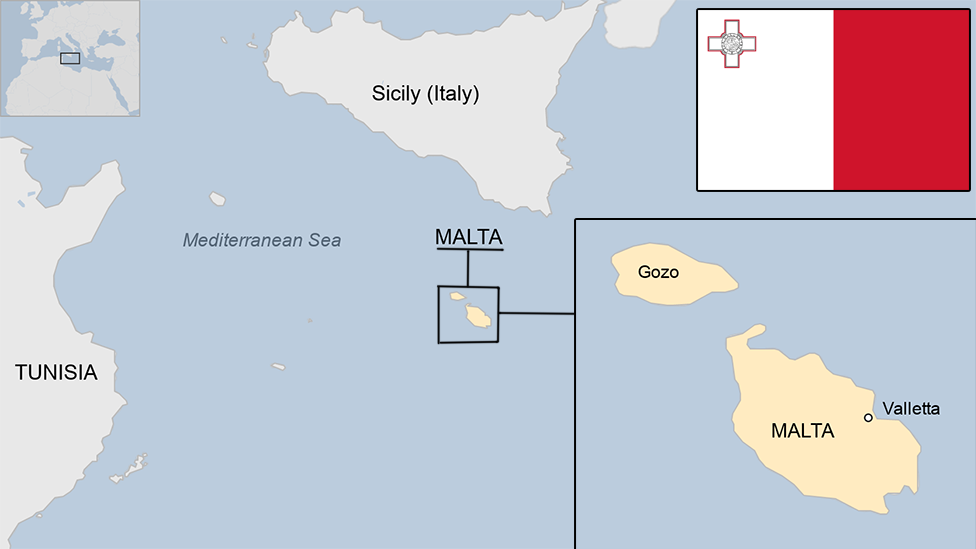Corsica profile
- Published
This page is no longer being updated. It was last updated on 25 July 2023

Corsica is one of France's least-developed regions and receives large subsidies from Paris. Tourism is an important part of the island's economy, but large stretches of the seaboard remain undeveloped.
Much of the population is concentrated in the main towns of Bastia and Ajaccio.
The island is studded with standing stones and other monuments, evidence of human occupation in neolithic times. The Greeks, Carthaginians and Romans all left their mark. Vandals, Goths and Moors were among the later invaders.
The island experienced a violent independence struggle between the late 1970s and 2014 - including bombings in Corsica and on the French mainland.
There were significant riots in Corsica in 2022, following the killing in prison of Corsican nationalist Yvan Colonna, who had been convicted for the 1998 assassination of France's top official on the island, Claude Érignac.
Read more country profiles, external - Profiles by BBC Monitoring, external
CORSICA: FACTS
Prefecture: Ajaccio
Area: 8,722 sq km
Population: 351,000
Languages: French, Corsican, Ligurian
Life expectancy: 80 years (men) 85 years (women)
GOVERNMENT
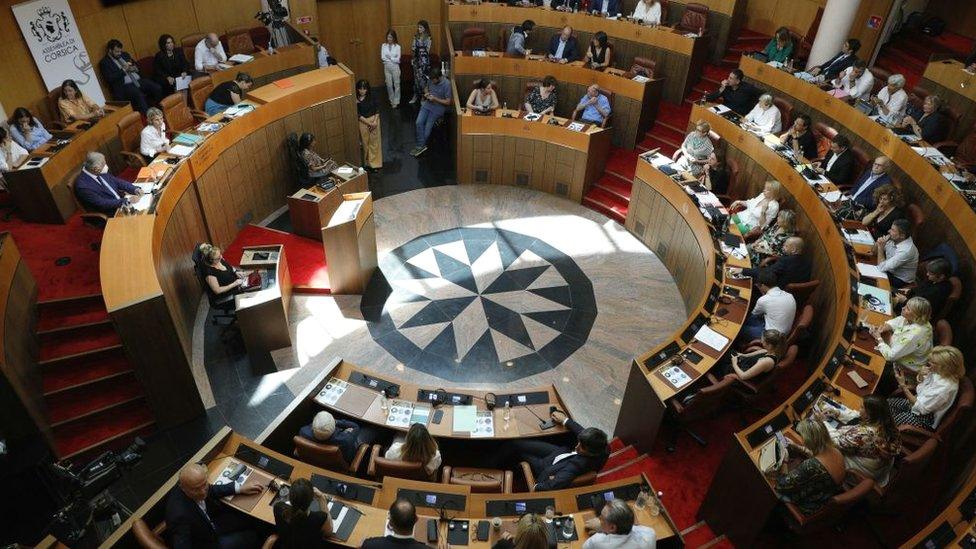
Corsica enjoys a greater degree of autonomy than other French regions
Corsica is a territorial collectivity of France, which means that it exercises the powers of both a region and a department. It has a regional assembly, which sits in Ajaccio. The regional prefect is the top representative of the French central government on the island.
The island is divided into two departments - Haute Corse and Corse du Sud. Each has an elected assembly, based in Bastia and Ajaccio respectively.
TIMELINE
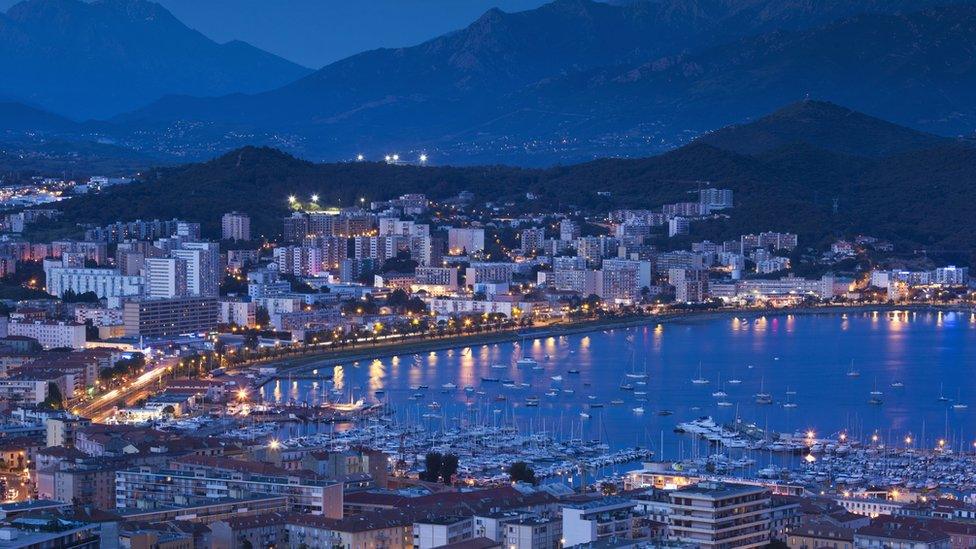
Tourism plays a big part in the Corsican economy
Some key dates in Corsica's history:
11th Century - Pisa and Genoa together defend island from threat of Arab invasion, after which Corsica comes under Pisan influence.
1284 - Genoa's victory over Pisa in the Battle of Meloria sees the end of Pisan rule and the beginning of the Genoese influence in Corsica. The next 150 years sees Genoese rule contested by Aragon, the Pope, local leaders and communities.
16th Century - Corsica becomes a contested region in the struggle, between Spain and France for supremacy in Italy.
1553 - Combined French, Ottoman, and exiled Corsican forces capture the island from Genoa.
1559 - Treaty of Cateau-Cambrésis: France returns Corsica to Genoa.
1729 - Beginning of a struggle for independence from Genoese rule.
1755 - Corsican Republic (1755-1769) declared under the leadership of Pasquale Paoli.
1768 - Genoa cedes the island to France to pay off its debts. France is looking to reinforce its Mediterranean position after defeat by Britain in the Seven Years' War (1756-63).
1769 - After an initial successful resistance, Corsican forces are defeated by a French army at the Battle of Ponte Novu. Napoleon Bonaparte, originally Napoleone Buonaparte, is born in Ajaccio.
1794-96 - Anglo-Corsican Kingdom: during the French Revolutionary Wars, Pasquale Paoli invites British forces to free Corsica from French rule. Anglo-Corsican forces drive the French from the island.
1796 - Britain withdraws from Corsica after Spain's entry into the wars on France's side and the island returns to French rule.
1920s - Beginnings of modern Corsican nationalist movement. Some see union with Mussolini's Italy as a solution - which also has annexing Corsica as one of its main goals of Italian unification.
1940 - After defeat of France, Corsica comes under Vicky French control.
1942 - Corsica is occupied by Italian and German forces following the Anglo-American Torch landings in North Africa.
1943 - After the Italian armistice in September, Free French forces and Italian troops push Germans out of the island.
Late 1950s-1970s - Rising tensions between Corsicans and the French government.
1975 - Armed police raid on a wine cellar occupied by Corsican nationalists marks the beginning of an armed nationalist struggle against the French government, characterised by bombing campaigns often targeting police stations and administrative buildings.
1998 - France's top official on the island, Claude Érignac, is assassinated.
2000s - Campaign against the French state sees in-fighting among various independence factions and public support for an armed struggle declining.
2014 - Main separatist faction, the FLNC - National Front for the Liberation of Corsica - declares a permanent ceasefire.
2022 - Corsica sees large protests and riots after Yvan Colonna, convicted of killing Claude Érignac, is murdered in prison.
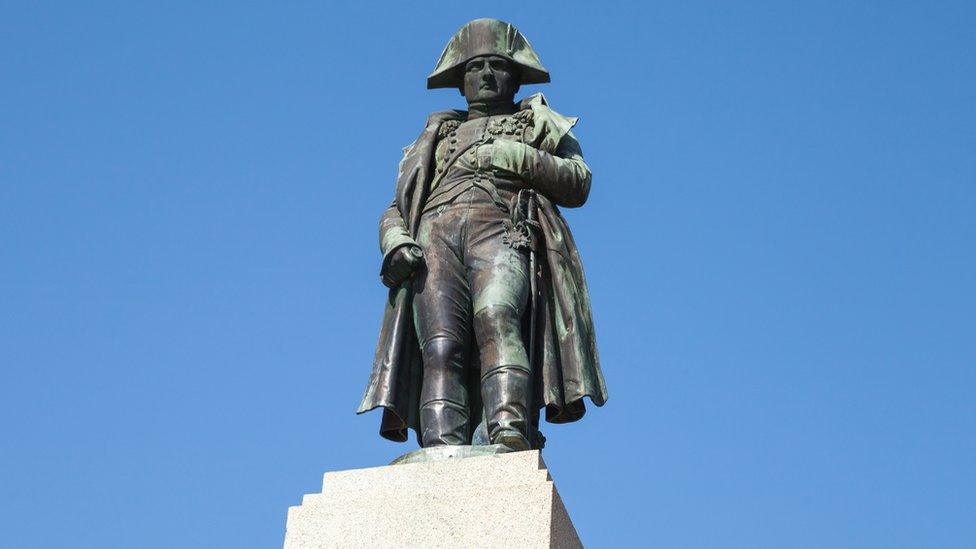
Napoleon Bonaparte, originally Napoleone Buonaparte, was born on Corsica in 1769
Related topics
- Published21 August 2023

- Published4 October 2023
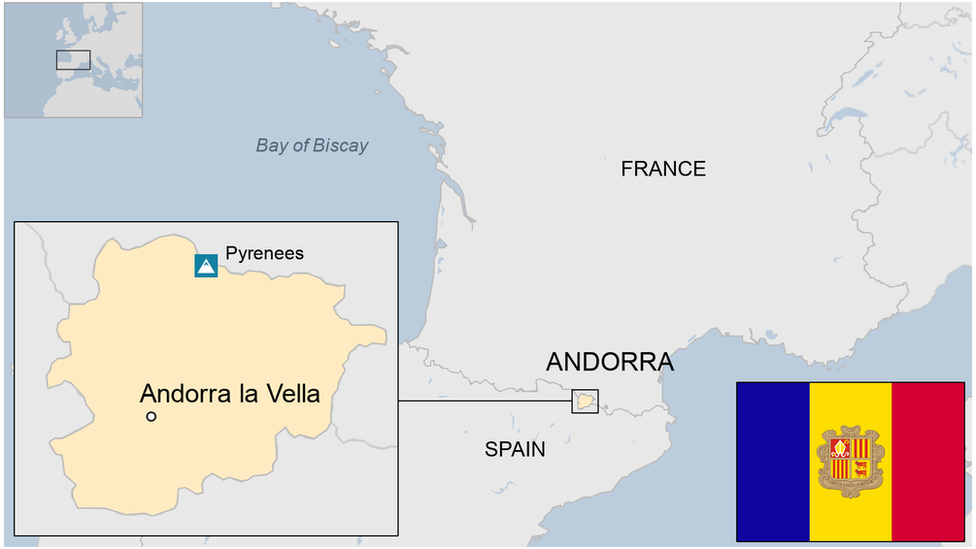
- Published9 January 2024
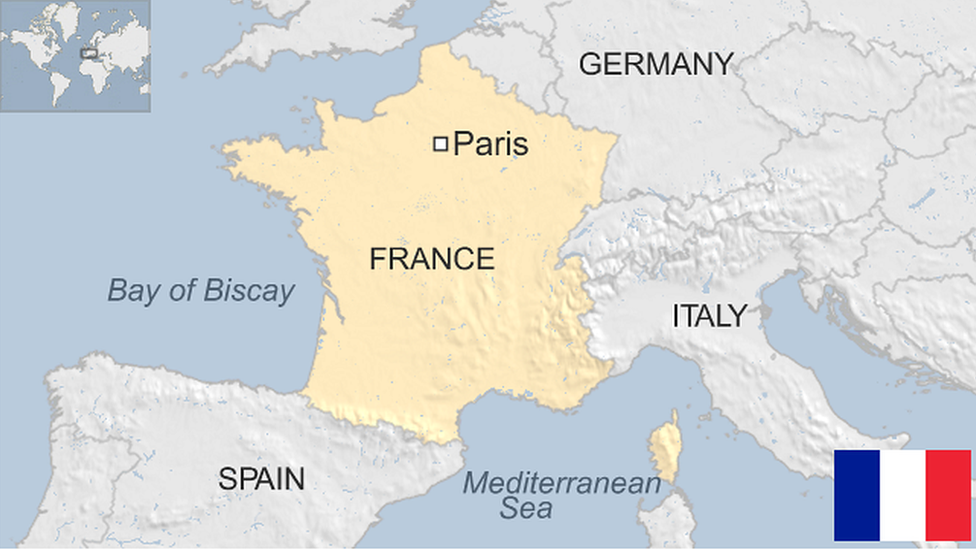
- Published4 October 2023
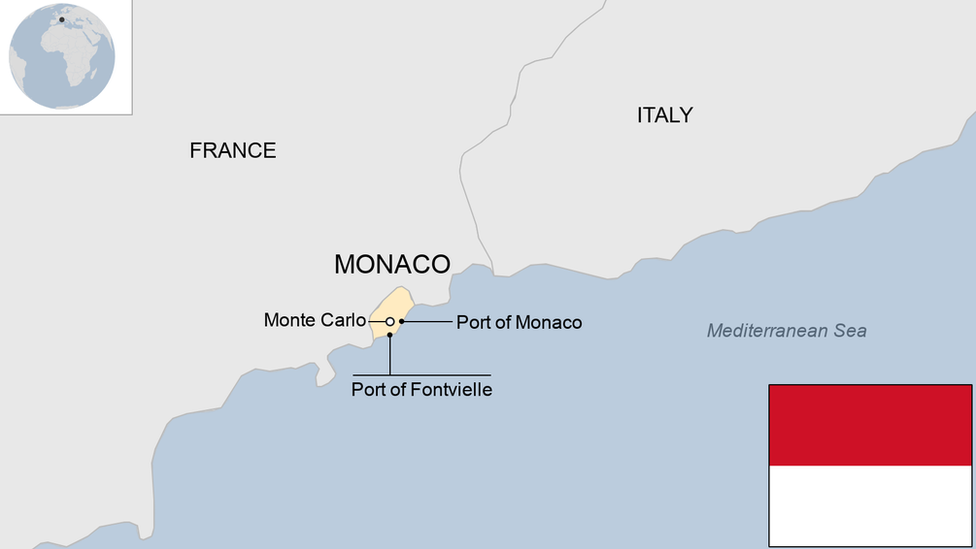
- Published4 October 2023
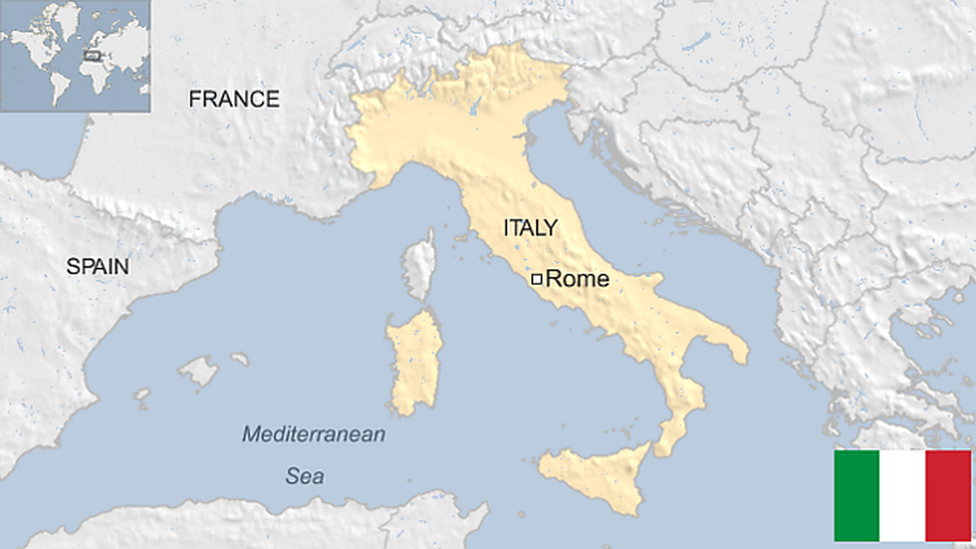
- Published19 June 2023
